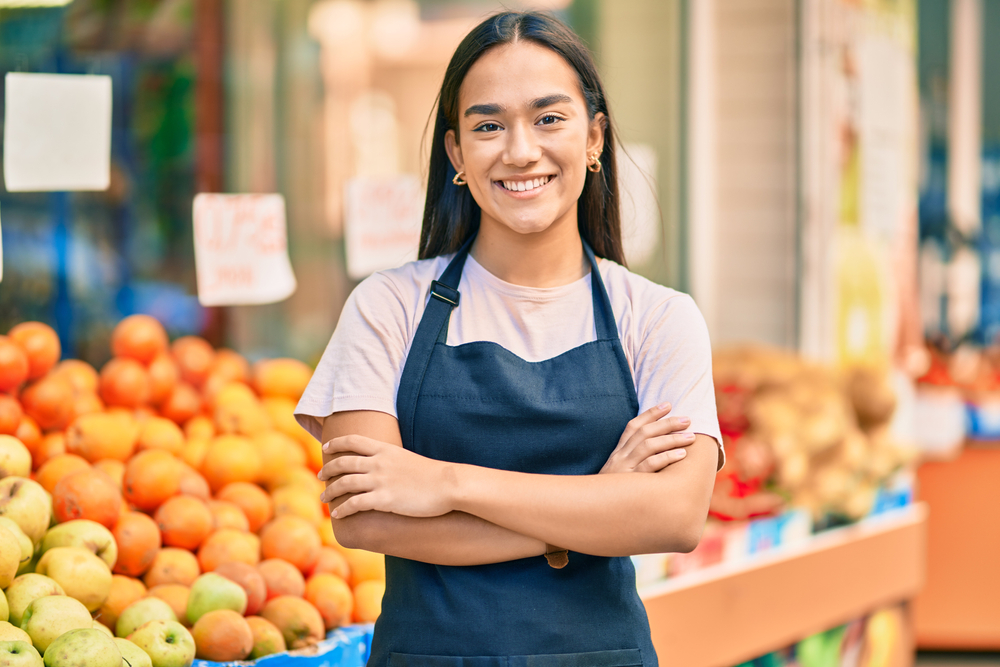Source: Diario Libre newspaper
Santo Domingo – About 32 women, from Altamira in Puerto Plata, produce chinola, cranberry, pitahaya and jagua wines. Chocolala is the project that has promoted these women, who have come together to develop their community and improve the quality of life of their relatives.
Like these women, a group of young people have an undertaking to produce spices such as garlic, cinnamon, malagueta, culcuma and oregano powder. They are from Nagua and they say that with the pandemic their sales have increased because people are trying to take better care of their health.
As well as these stories, there are 73 more who will be promoting their products this weekend at the Expo “Consume lo Nuestro” organized by the National Agricultural Confederation (Confenagro) with the support of some government entities.
People who produce
Caprache is a family business that was born years ago and consists of raising goats on a farm in Hatillo, Azua, where dairy is processed and goat cheese and goat milk candy are produced. For two years, they have been selling their products in three establishments in the Dominican Republic and eight months ago they have been conducting tours with families who want to know the project.
The owners of Dominican Berries Fruits are more concerned with the environment than the cultivation of their strawberries, since the packaging where they sell this fruit is made from cornstarch, betting on the biodegradable.
From oregano oil to powdered pollen and honey are promoted in this fair in which the micro-company Banileja Guayacan participates. This project presents on its display table two oils little mentioned, but beneficial for health: lemon and oregano.
Yeudin Lara is at the fair, and despite the pandemic, she left Baní with the hope that people will start buying Guayacan products. To achieve this goal, his key message is that “with pollen, at this time of pandemic, the juice can be sweetened and that raises the defense and removes anemia quickly.”
Color Café is an undertaking in La Romana with the coffee that is made in Barahona. Three young people created this artisan product and over the weekend they inaugurated a museum in Bayahibe, where they can learn about the process of making coffee powder for free.
They offer green, gourmet, original and dehydrated coffee, the latter used to make tea.
Daniel Valera is the general coordinator of “My small garden”, an enterprise in Bonao through which, through organic garbage, compost is created to plant fruit plants even in the patios of homes. He cites his own example: “I have oregano and lemon plants planted in the common area of the apartment where I live.”
Another microenterprise in the agricultural sector is Probambú, which is exhibiting at the “Consume lo Nuestro” fair, items such as bicycles, windows, and bamboo-based baseball bats.
The fair
Under the slogans “Consume lo Nuestro” and “Without production there is no nation”, this agro-industrial exhibition is held, where you can also buy food, meats, vegetables, fruits, beauty products, cleaning products, agro-industries and agricultural equipment and machinery and others at lower prices.
The coordinator of the event, Odelis Soto, tells Listín Diario that this event seeks to promote those small producers of honey, cassava, coffee, strawberries and more products because the great national production comes from their communities, so the main mission is that Dominicans become aware that “we have to consume what is ours.”






